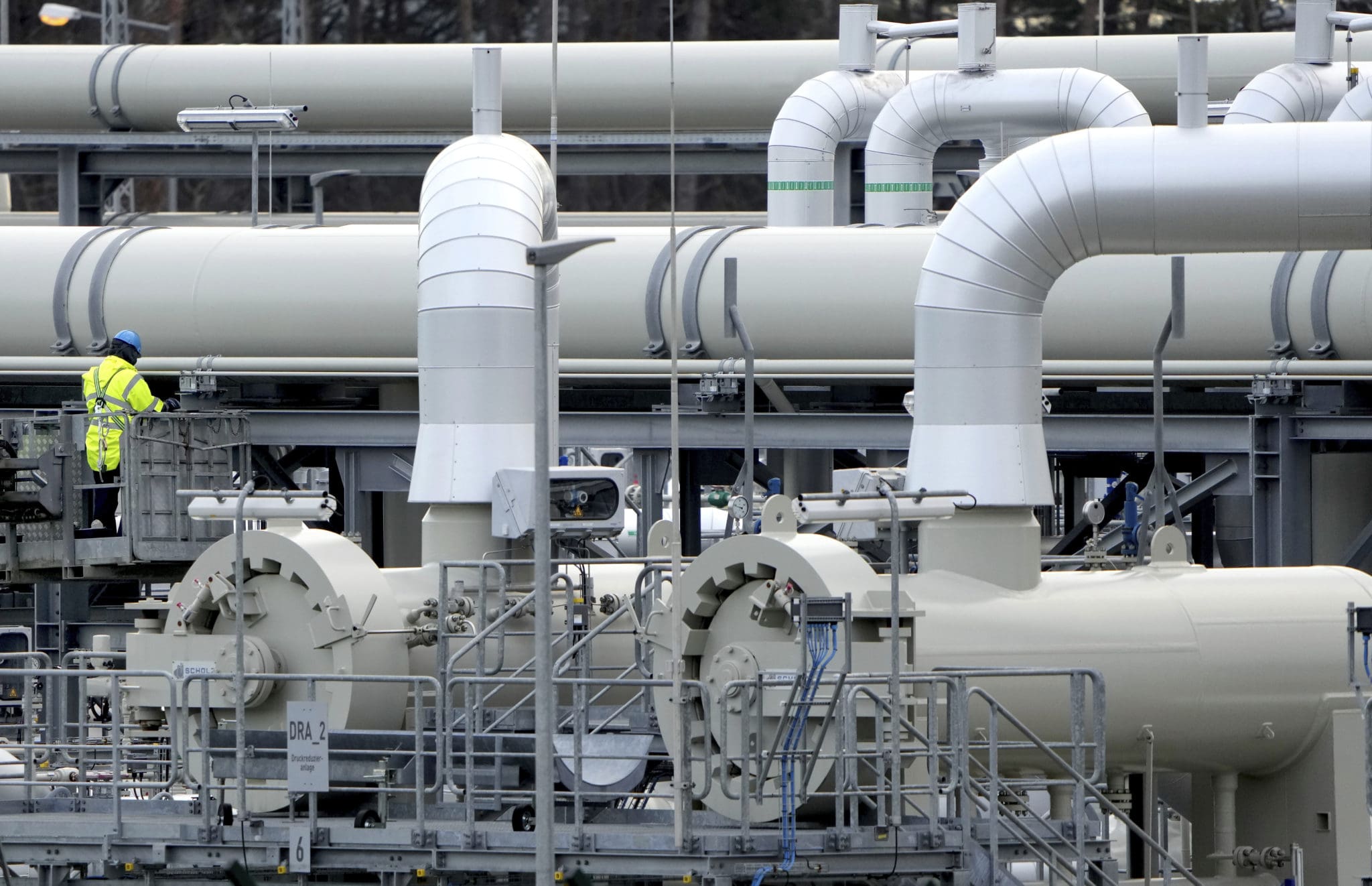Gas cuts to Germany could have severe economic consequences not only for Germany, but also other EU countries, which would result in a cascade effect on supply chains and productions levels and “lead to the collapse of entire markets,” said energy and security expert Kirsten Westphal in an interview with Clean Energy Wire.
“If Russian gas supplies really stop flowing, it’s possible that we enter a situation where markets simply stop functioning,” Westphal said. “I’m not sure that this scenario has fully dawned on companies or consumers. It’s not simply a question of comfort, but affects the basic functioning of our economy and the energy system.”
She went on to detail how Germany is not just reliant on gas, but also oil and coal from Russia, and a true embargo would not just raise the price of energy, but also food and other products across the supply chain.
“You also have to take into account the interrelationships between gas, oil and coal – we’re heavily dependent on all fossil fuel imports, not just gas. A halt to Russian supplies could have significant cascading effects, for example for heating and electricity generation. There are also second order effects for emerging economies that can no longer afford the current LNG prices. Last but not least, we see the effect on domestic food prices, not least to mention the dramatic effects on food security in many other countries.”
Germany is attempting to prepare for this potential crisis. Due to Russia’s demand to receive payments for gas in rubles, Germany has already started preparing for supply outages, with Economy Minister Robert Habeck declaring the first of three crisis levels.
A special crisis staff will also meet, with Germany’s goal to secure supplies even if Russia cuts gas inflows.
Currently, there are no supply problems, according to the ministry. However, it is not clear what will happen after March 31 when the deadline announced by Russian President Vladimir Putin expires. Last week, the Russian company Gazprom called for a reassessment of supply contracts from dollars and euros to rubles. The West refuses this as a breach of contract.
[pp id=32367]
If the gas supply were to stop, it would mean a major loss of income for Russia, but Europe’s economy would also be significantly damaged. In the case of Germany, the damage would be especially acute, and industry associations have already warned of far-reaching consequences.
Germany’s GDP could fall by as much as 3 percent over the next 18 months. If oil and gas supplies from Russia stop permanently, corresponding changes lasting for up to ten years would be necessary, warned the German DIW research institute. It added that the outage would also cause an increase in inflation of up to 2.3-percentage points.
Therefore, with the announcement of the first alarm level, the Minister of Economy Habeck also convened a crisis team, which will continuously analyze and evaluate the supply situation. If necessary, the crisis team could also remove certain consumers from the supply network.
However, this would fall under the third alarm level. If the highest alarm level is announced, households would continue to be supplied with gas, but problems would arise for individual large industrial customers. They would either lose gas supplies completely or receive only a reduced amount.
“It is a precautionary measure,” Habeck commented on declaring the alarm level, adding that Germany must be prepared for any development.
According to him, Germany now has enough supplies, and there are no issues yet.
The crisis team at the Ministry of Economy is already operating with various scenarios. Habeck further noted that those consumers, now expected to reduce their consumption, should be prepared. Habeck said that Germany found itself in a situation where every kilowatt-hour of energy saved would help the country.






